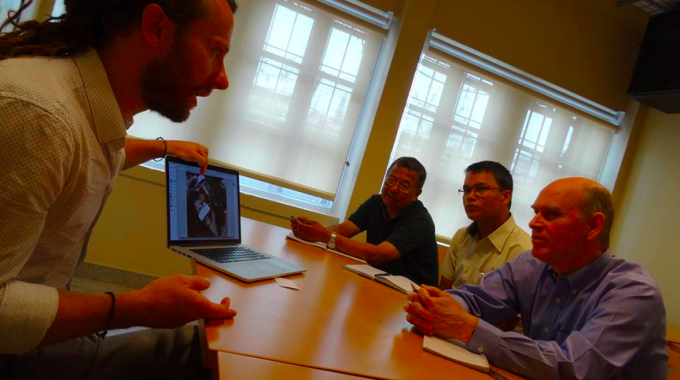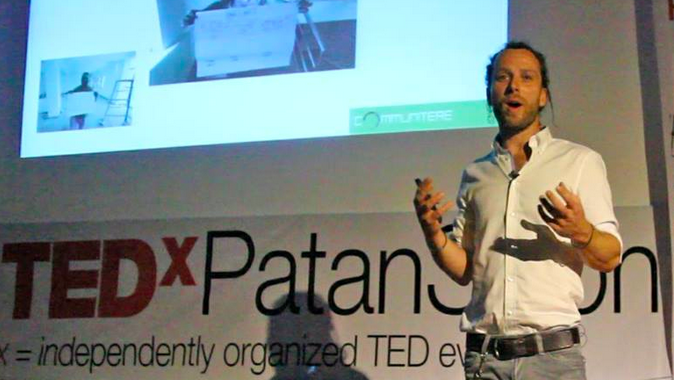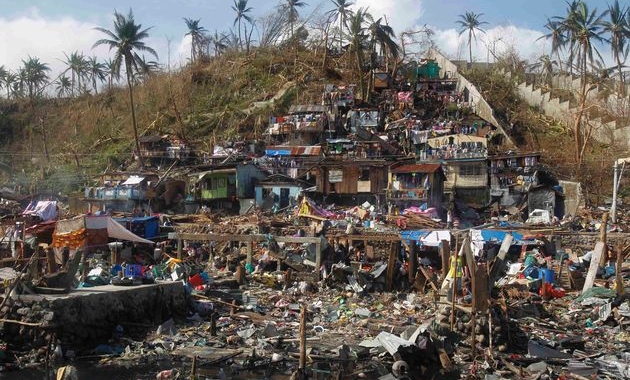
Expert Speak: Ms Bahar Kumar on Business Incubation Services

As the coronavirus pandemic is shaking the whole globe, developing nations like Nepal are taking a harder hit due to its weak social and financial structure and its unpreparedness in providing healthcare facilities. In this light, the impact of a crippling economy is becoming visible on vibrant incubation centres. As the pandemic intensifies, many innovative hubs are being forced to close their doors, lay off their staffs, and change their mode of operations in the face of the market reality. To better understand the impact of the pandemic on incubation centres, Ms Bahar Kumar, Strategic Advisor and Executive Director at Nepal Communitere shared with NEF about how the current situation has affected the business and the opportunities and challenges that lay ahead in the future.
Delivery of Incubation services
During these trying ties, Nepal Communitere (NC) is determined to provide its clients incubation and handholding services through various digital platforms. NC has been conducting daily activities via phone calls and other online platforms to implement the Butwal I-Cube business incubation program. Bahar also highlighted that they have been sourcing local companies and coaching the Butwal I-Cube team to adapt the implementation of the program during the pandemic. Moreover, her team is also researching and analyzing unique gaps that may arise in this process while focusing on building and managing local partnerships and developing a robust virtual curriculum.
Effects on Incubation services
Talking about the impact on the incubation centre, Bahar pointed out the low morale and discouragement among entrepreneurs. Many of the entrepreneurs are concerned about business sustainability and the need to take harsh decisions regarding staff retention and layoffs. Furthermore, the impact of the current situation on the overall incubation services in Butwal is yet to be seen. Bahar also shed some light on the opportunities and the challenges arising out of the current situation as mentioned below.
Opportunities
- Job creation for the locals – hiring local business coaches
- Building local capacity to run incubators, supporting Butwal Chamber of Commerce to develop an incubation centre
- Using business incubation as a way to support startups to adapt and build resilience during this economic crisis
- Designing a virtual business incubation program and being able to design and prototype new ways of providing business support services
Challenges
- Running a virtual cohort – ensuring the digital divide does not impair access to business incubation
- Working with our donor partners to adapt activities without compromising quality
- Sourcing quality startups that remain highly committed to their businesses during this crisis
- Developing and maintaining trust and relationships with our entrepreneurs via the web
- Staying motivated as a team in the face of competing priorities
Way ahead for Nepal Communitere
Analyzing the current economic downfall, Bahar reflected on how Nepal Communitere is working towards delivering services amidst the pandemic. They have been hiring business coaches and a coordinator to create job opportunities at the local level along with leveraging existing community assets to provide quality business support services to local entrepreneurs. Likewise, NC is developing an entrepreneurship community in Butwal, understanding that sustainability lies in strengthening the local ecosystem. However, she also emphasized the challenges that lie ahead for incubation centres as there will be competing priorities following the Covid-19 crisis and potentially a lack of resources to support this valuable work. But so far, she’s been surprised with the commitment from the local team and how quickly they have jumped on virtual communication platforms to adopt and practice new digital skills. What we assumed would be a barrier to relationship-building has actually maintained a high level of engagement among team members. Our hope is that we can do the same when we launch the I-Cube program with our entrepreneurs this month.
Lastly, she pointed out that post the pandemic period more banks and financial institutions as well as government will need need to serve as a lifeline to viable Nepali startups and support them in reinstating the domestic economy, as there will be a stark decline in private investment.
Article by NEF Editorial



